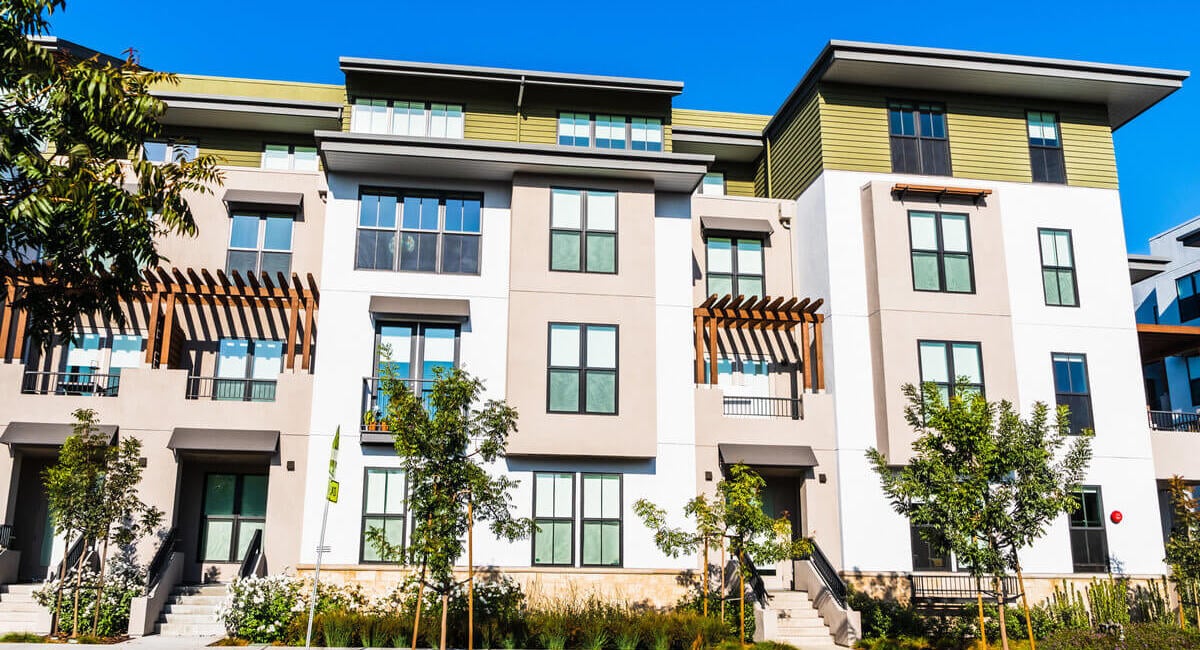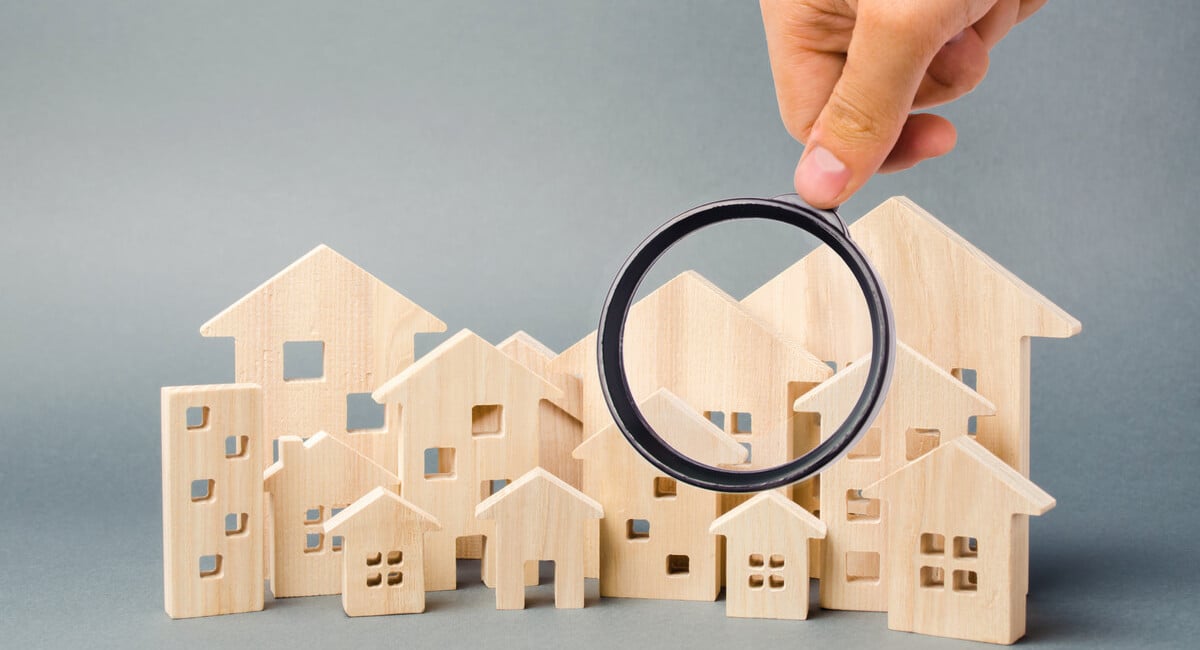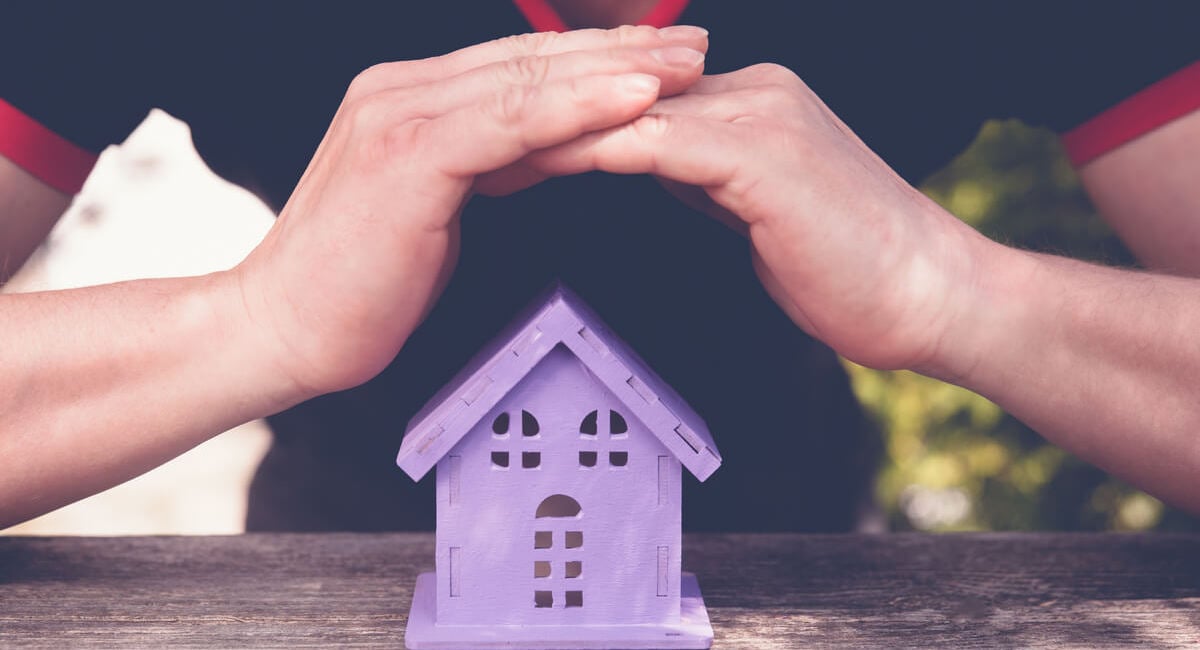If you’re in the market for a new home, you’ve probably seen properties that belong to homeowners associations (HOAs). Living in a neighborhood with an HOA offers some advantages, but it also comes at a price. Before you purchase property in an HOA community, you should understand the role, structure, and regulations of the association.

What Is the Role of an HOA?
The primary role of an HOA is to set and enforce rules for a neighborhood. These rules are known as Covenants, Conditions, and Restrictions (CC&Rs). The intention of the CC&Rs is to maintain the value of the properties in the neighborhood, promote a sense of community, and uphold the interests of the residents.
The following are some areas that an HOA may regulate:
Street parking
Exterior decorations
Siding and roof colors
Landscaping
Trash and recycling
Home occupancy limits
Pets
Noise ordinances
Short-term rental agreements
In many cases, HOAs also create and care for shared spaces in a neighborhood. For instance, they might manage a neighborhood playground or pool. Your HOA could fund services like garbage pickup, snow plowing, and landscaping as well.

HOA Structure
HOAs are governed by a board of directors, which is made up of elected homeowners in the neighborhood. The board typically consists of a president, vice president, secretary, and treasurer, but some HOAs may have additional roles as well. In most cases, HOA board members are volunteers and are not paid.
The HOA board facilitates meetings, creates the budget, enforces rules and regulations, and hires service providers for neighborhood improvement projects. They can also establish committees, which general HOA members can join, to manage specific tasks and functions.

HOA Fees
HOAs collect fees from all homeowners in the neighborhood to pay the service providers and uphold the shared spaces. Most HOAs collect monthly fees, but some collect an annual fee instead.
Careful management of funds is one of the most important tasks for an HOA. The association should have a reserve fund for significant or rare expenses. Sometimes, HOAs charge additional fees for special assessments, which are unexpected expenses outside the limits of the reserve fund. For example, an HOA may charge an extra fee to repair damage after a natural disaster.

Advantages of Living in an HOA Community
Living in an HOA community offers some unique advantages. The following are some of the key reasons why homeowners seek out HOA neighborhoods:
Well-kept Neighborhood
HOAs usually enforce rules about landscaping, decorations, garbage, noise, and other important matters. Living in an HOA neighborhood gives you peace of mind that your neighbors will be held to a certain code of conduct. Not only can this improve your experience while living in your home, but it can also help to maintain the value of your property.
Amenities
The specific amenities offered by an HOA can vary from neighborhood to neighborhood, but most offer at least a few helpful services. Snow plowing, trash pickup, and landscaping are particularly valuable services for many homeowners. Shared spaces like a pool or playground can be appealing, too, especially if you have children.
Support With Neighborhood Disputes
Your HOA can be a helpful source of support if you have a conflict with a neighbor. If your neighbor is violating one of the HOA’s rules, your HOA board will step in to keep the peace. For example, if your neighbor throws parties late into the night and your HOA has a noise ordinance, your HOA will contact them so that you don’t have to confront them directly.

Disadvantages of Living in an HOA Community
Although there are some valuable benefits to living in an HOA neighborhood, there are also some drawbacks. The following are the biggest downsides to keep in mind before purchasing a house that belongs to an HOA:
Fees
HOA fees generally range from $200 to $400 per month, but in some neighborhoods, they can be as high as $1,000. Some homeowners feel that the services they receive are worth the fees. Others feel that they’re paying too much and not receiving enough in return. Fees can increase over time, too, and you might be subject to extra costs from special assessments.
Restrictions
Your HOA’s rules and regulations can work in your favor when dealing with loud or disruptive neighbors. However, you and your property are also bound by the HOA’s CC&Rs. For instance, you might not be able to paint your house the color you want or rent out a room to a tenant for extra income. Some homeowners get incredibly frustrated when they’re told what they can and can’t do with their own property.
Financial Risk
Failing to pay your dues to your HOA can be a significant financial risk. In some states, your HOA can place a lien on your home if you don’t pay the fees. In extreme cases, homeowners have even been foreclosed upon for non-payment.

Tips for Buying a Home in an HOA Community
If you’ve decided that living in an HOA neighborhood is the right fit for you, you should still proceed with caution. Some HOAs are better-managed and offer more amenities than others, so it’s important to choose your neighborhood carefully.

Do Your Research
Before making an offer on a home in an HOA, do as much research on the association as you possibly can. Request their financial records, meeting minutes, and governing documents, and read through all of their rules and restrictions. Make sure they have reserve funds for significant expenses. If you have any questions or concerns about the HOA’s management, contact the association board directly.

Consider the Monthly Fees
When moving into an HOA community, you should be sure that the services you’ll receive are worth the fees. Consider how much services like snow plowing, a community pool, or trash pickup are worth to you. Also, research how frequently the HOA fees increase. You should be able to find this information in the association’s financial records. If the HOA seems to increase the fees significantly every few years, you may decide that the expense isn’t worth it.

Get Involved in the Community
HOAs can provide a great sense of community, and connecting with your neighbors and getting involved with the association is one of the best ways to create positive change. Attend all the HOA meetings, and consider serving on a committee if a project interests you. Making connections and advocating for what you feel is important will help you get the most out of your HOA neighborhood.
Living in an HOA community is a gift for some families and a burden for others. While the amenities and services offered by an HOA can be very appealing, you also have to consider the fees and restrictions. If you’re thinking about purchasing a house in an HOA neighborhood, be sure to research the association thoroughly before making an offer.


